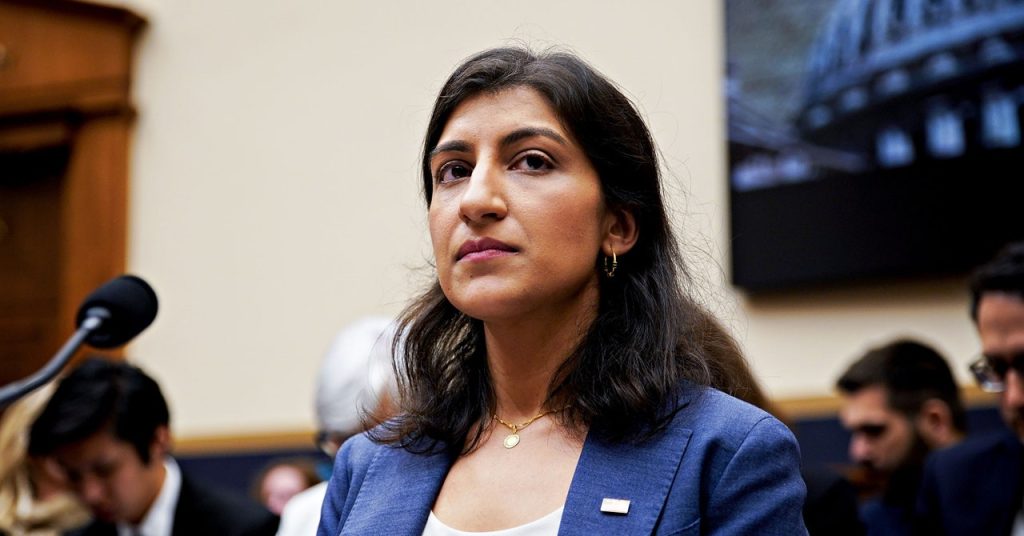Federal Trade Commission Bans Noncompete Agreements, Freeing US Workers to Change Jobs
The US Federal Trade Commission (FTC) has issued a new rule that will prohibit employers from enforcing noncompete agreements, allowing workers to freely leave their jobs to work for competitors. This decision is set to significantly impact the US workforce, particularly in the tech industry.
The Prevalence and Impact of Noncompete Agreements
Noncompete agreements have been a common practice in various industries, with a notable prevalence in the tech sector. According to the Economic Policy Institute, 36% of engineers and architects and 35% of workers in computer and math fields are bound by these agreements. The widespread use of noncompetes has been a topic of concern, as it can hinder innovation and restrict workers’ career opportunities.
The Role of State Laws in Shaping Tech Hubs
The impact of noncompete laws on the growth of tech hubs has been evident in the contrasting trajectories of Silicon Valley and Massachusetts’ tech corridor. California’s long-standing ban on noncompetes is often credited as a key factor in Silicon Valley’s emergence as a thriving hub for innovation. In contrast, Massachusetts’ once-similar tech corridor failed to soar to the same heights, partly due to the enforcement of noncompete agreements.
Personal Experiences: Battling Noncompetes in the Tech Industry
Tech executive Daniel Powers has firsthand experience with the challenges posed by noncompete agreements. In 2010, when Powers attempted to move from IBM in New York to Amazon Web Services in Seattle, IBM tried to delay his transition by a year. The parties eventually settled on a six-month hiatus, during which Amazon agreed to pay Powers despite his inability to work.
Two years later, Powers found himself in a similar situation when he tried to take a job with Google Cloud. Amazon sued him, citing a clause in his contract that prohibited him from working for a competitor within 18 months of leaving the company. The case garnered attention as the first noncompete lawsuit Amazon had brought against an AWS employee.
“It’s just not fair to the employees. When I won, I got hundreds of emails and texts from Amazon employees thanking me for beating them.”
Powers had to relocate to California, where noncompetes are not enforceable, to pursue his new role at Google. The federal judge ultimately sided with Powers, but he still lost about three months of work while the case was being resolved. Powers estimates that without discounted legal assistance, he could have easily spent over $100,000 fighting noncompete agreements throughout his career.
The Importance of the FTC Rule and Its Potential Impact
The FTC’s new rule banning noncompete agreements is a significant step towards empowering workers and fostering a more dynamic and competitive job market. If the rule faces a challenge in the US Supreme Court, Powers believes his message to the justices should be clear:
“Taking away a person’s ability to work in an industry they are trained in, have skills in, and have been in is a massive disservice to the employee. It’s not the right thing to do to have these agreements.”
As the FTC rule takes effect, it is expected to have a profound impact on the US workforce, particularly in the tech industry. Workers will have greater freedom to pursue career opportunities without fear of legal repercussions, potentially leading to increased innovation and a more vibrant job market.

3 Comments
Tech innovation’s about to hit warp speed, watch this space!
Looks like the tech world just got its big break – freedom at last!
Finally, tech geniuses can fly without wings being clipped by corporate ties!